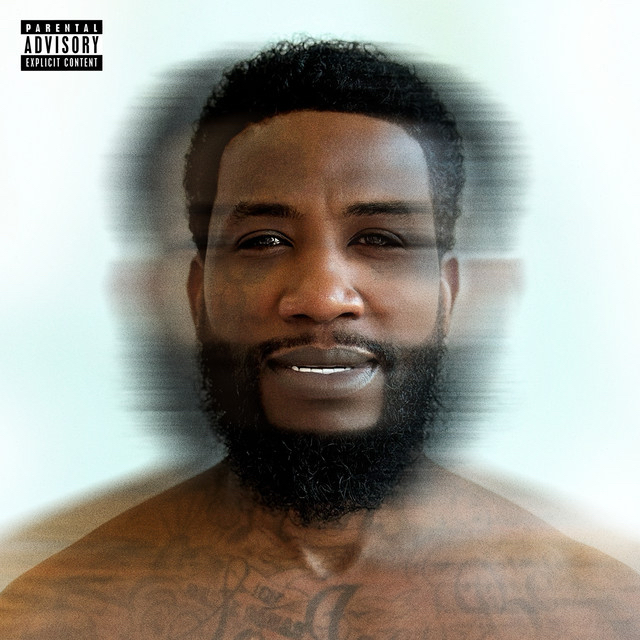GENRE; Rap
LABEL; 1017/ Atlantic
REVIEWED; 10, November, 2025
RATING; 6.5
Gucci Mane’s Episodes reads like a public diary set to trap production: part confessional, part flex, and frequently both at once. The project was released alongside Gucci’s memoir Episodes: The Diary of a Recovering Mad Man, and that book-album pairing gives the record a deliberate personal frame, many of the best moments come when Gucci lets the storytelling breathe instead of simply stacking ad-libs. The release date, track-count and runtime are listed on major platforms (Apple Music, Spotify).
The strongest sequences on the album lean into vulnerability. Lead singles like “Voices” and “Psycho” (both previewed ahead of the album) foreground paranoia, mental-health hooks, and sparse, tense beats from producers like Go Grizzly and Pooh Beatz; those tracks show Gucci’s rare ability to be candid without losing his trademark cadence. Pitchfork and several outlets highlight these front-half moments as where Episodes actually feels necessary rather than perfunctory.
That said, the album’s length works against it. Clocking in at 23 songs, Episodes drifts into filler territory in the back half — more generic trap templates and fewer narrative payoffs which produces a feeling of diminishing returns after an emotionally intense opening. Multiple reviews note the inconsistency: the first half is tight and thematically focused, while later cuts revert to safe, repetitive swagger. It’s an uneven listening arc rather than a cohesive statement.
Guests and sonic touches: the album doesn’t survive on features — Gucci often carries songs solo but there are notable appearances (for example Sexyy Red and Bossman Dlow appear on singles listed on Apple Music). There’s also a nostalgic moment with OJ da Juiceman that reviewers flagged as one of the record’s warmer callbacks to Gucci’s early career. Production nods to southern and Memphis-tinged sounds appear across the record, which keeps the flow from feeling totally stagnant even when songwriting does.
The album’s emotional content is inseparable from the larger conversation Gucci’s been having publicly this year about mental health, interviews and press pieces tied to his memoir describe diagnoses and experiences that clearly inform songs like “Voices,” “I Need You,” and other confessional cuts. That real-world context strengthens the record’s most affecting passages; it also makes the album feel less like a commercial exercise and more like a document of an artist trying to map his own recovery.





